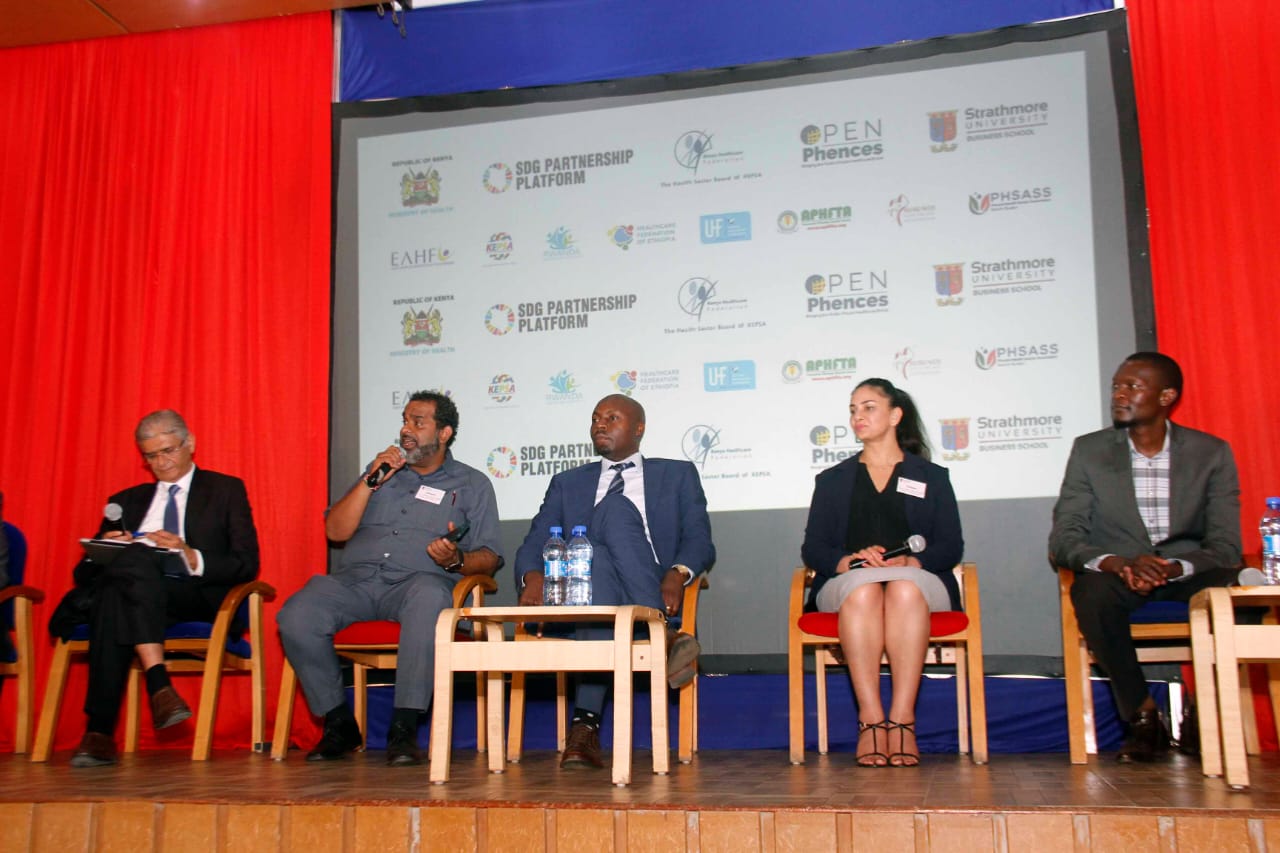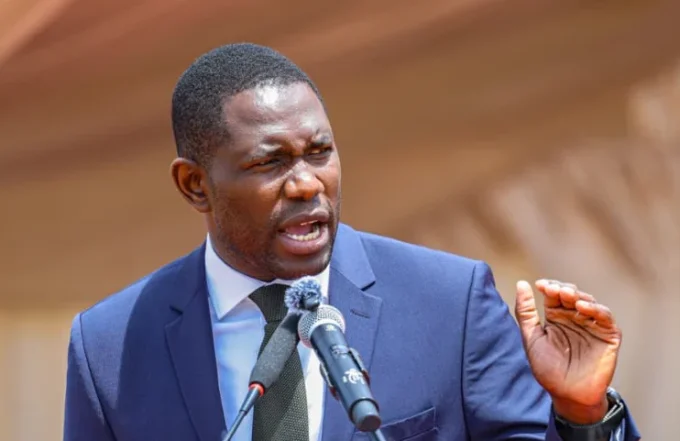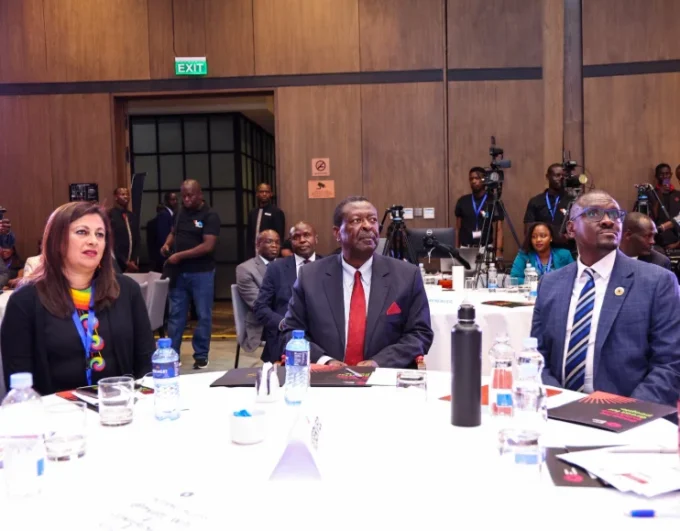Researchers in the health sciences have always described East Africa as a potential medical tourism hub. This is what necessitated Policy makers in the health sector from across the region to deliberate on possible strategies of raising awareness on the health investment opportunities available in East Africa.
Speaking during a two-day East African Health Expo 2022, the experts argued that to reduce Outbound Medical tourism, there should be great investments in the core function of Health Systems that can enable progress towards Universal Health Coverage by improving effective service coverage and financial protection.
They also proposed that regional governments should formulate policies that will enable everyone to easily access specialized healthcare. The stakeholders in the healthcare sector further pointed out that the government should decentralize healthcare from major cities.
Director of Strategic Initiatives and Legal, Mr Rufus Maina, while speaking at the sidelines of the expo said that there is an urgent need to develop good healthcare systems outside Nairobi to ease pressure on the referral centres.
“By improving services at the hospitals outsides major cities, the pressure will be minimal in the large cities,” said Mr Rufus.
The health experts said that by enhancing inbound medical tourism, Kenya will help the continent save millions of dollars spent every year in the world’s key medical tourism markets, like India and the UK.
Kenya recently launched the Integrated Molecular Imaging and Hospitality Centre, which is expected to save Kenyans over Ksh8.9 billion they spend on cáncer treatment outside the country yearly.
The Health Expo brought together global, regional, national, and local partners from various sectors, including health, trade, tourism, and educatįon to showcase East Africa as a Hub for medical tourism.
In 2016, the Travel Journal reported that 3,000 to 5,000 medical tourists visit Kenya from other African countries and more than 10,000 Kenyans travel abroad annually in pursuit of medical treatment, spending at least Sh10 billion per annum.
“By showcasing the rich resources in the EAC health sector, the health expo can increase the number of inbound medical tourists while reducing the number of EAC nationals who travel abroad for medical services available locally,” said Rufus Maina, the Director of Strategic Initiatives & Legal at LifeCare Hospitals.
Lifecare has been championing for the decentralization of specialized healthcare in the country with a chain of level 4 and 5 hospitals across the country.
The health experts also reviewed various opportunities for strategic partnerships to enhance the place of East Africa as a regional and continental hub for investment in health, medical tourism and specialized care.
Following the three day engagement, the regional stakeholders agreed to build a coalition supporting sustainable health systems and universal health coverage in East Africa.
The Medical Tourism Index 2020-21 by Medical Tourism Association which tracks the world’s top 46 medical tourism destinations ranked South Africa (22), Egypt (26), Morocco (31) and Tunisia (38) as the top destinations in Africa.
Read: Five Interesting Facts That Will Change How You Think About Oral Health
>>> Nairobi To Host East Africa Healthcare Supply Chain Dialogue


![President Uhuru Kenyatta when he unveiled the new generation currency in 2019. The President will chair the NIFC Steering Council. [Photo/ State House Kenya]](https://businesstoday.co.ke/wp-content/uploads/2022/06/images-92-150x150.jpeg)










Leave a comment